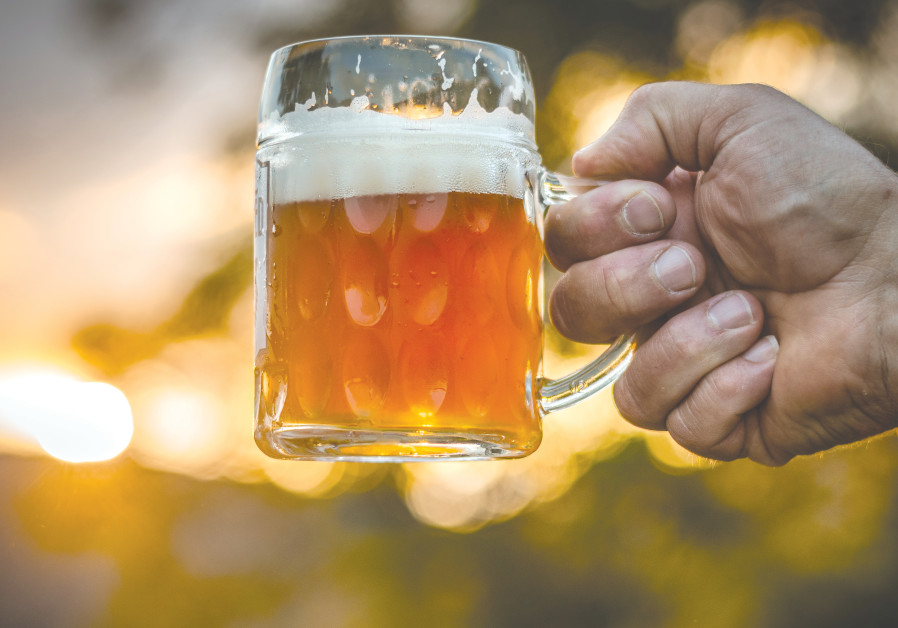Many people like to drink a glass of wine with dinner or enjoy beer while watching television and it doesn’t seem excessive. But, a new study claims that drinking a glass or two daily significantly increases a person’s risk for developing cancer.
The new study was conducted by researchers at the University of Toronto and joins the growing body of scientific evidence that there isn’t a "safe amount of alcohol" and any consumption of it is harmful.
"Any drinking of alcohol involves risk," said Dr. Jürgen Rhem, a mental health expert at the University of Toronto and co-author of the research paper published in the journal The Lancet Oncology.

Researchers used data about worldwide alcohol consumption collected by the World Health Organization, as well as artificial intelligence surveys and alcohol sales data. They used these figures to weigh the relative risk of developing cancer against alcohol consumption. According to their data, alcohol is used as a “fuel” for about a quarter of all common cancers, especially for breast and intestinal cancers.
Concerning tumors that are affected by alcohol, any amount consumed increases the risk.
For example, each glass of wine (average size) per day increases the risk of breast cancer by another 6%, said Rehm.
In many homes, the practice of pouring a glass of wine at day’s end is common, and with coronavirus lockdowns more people adopted this habit. Also, with being shut in, alcohol consumption increased around the world. "In our clinic we see people who say they’ve been drinking more since the pandemic’s outbreak," said Dr. Leslie Buckley, Chief of the Addictions Division at the Centre for Addiction and Mental Health (CAHM), who was a research partner.
She added that although the pandemic may be a temporary stress factor that will pass, the habits that people adapt during corona might become permanent.
Often, damage from short-term alcohol consumption is light and barely noticeable, but over time it begins to send signals. Results like cancer and liver disease can be devastating, Buckley emphasized.
One out of every seven new tumors is related to alcohol consumption
The results of the study show that for one out of every seven new cases of cancer diagnosed during 2020, each patient was described as a mild-moderate drinker. These people consumed no more than 14 units of alcohol per week (which is about six medium glasses of wine or six pints of beer).
"There are countless ways in which alcohol causes cancer, but the main one is that it disrupts the process of repairing DNA damage. Another mechanism by which alcohol causes cancer is in chronic consumption leading to cirrhosis of the liver and disruption in the activity of sex hormones, one cause of the development of breast cancer. In addition, alcohol escalates the risk of tumors of the head and neck in smokers because it increases the absorption of carcinogens found in tobacco,” explained Dr. Kevin Shield, who participated in the study.
According to the researchers, alcohol consumption contributes significantly to increasing the global cancer burden, and yet these consequences don’t receive enough recognition or awareness.
“Our research highlights the need to make resources available to raise awareness and create medical interventions to make the public aware of the link between alcohol consumption and cancer risk," said Dr. Isabel Suritrem, a cancer researcher at the World Health Organization who also assisted in this study.

